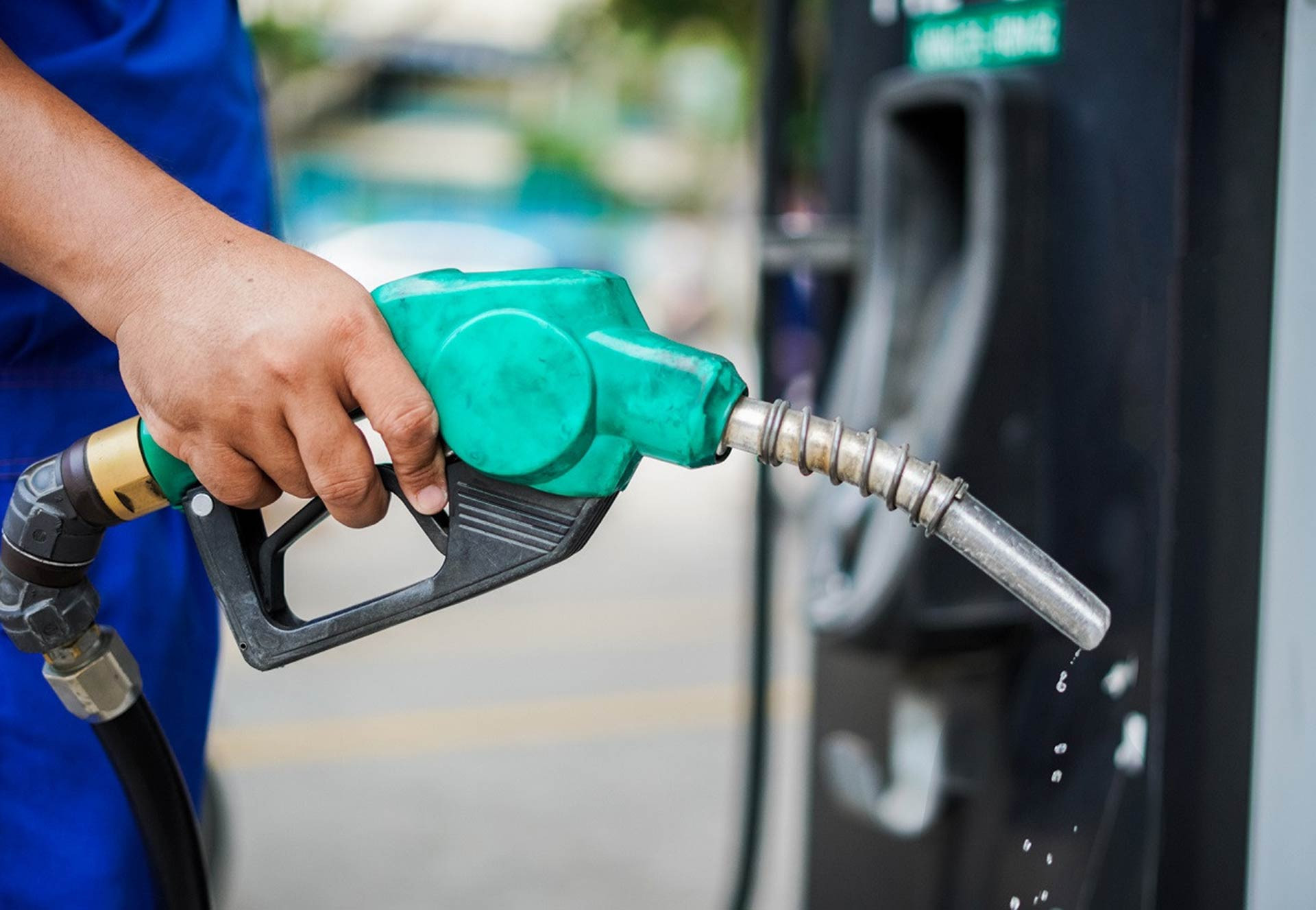
MOIT has sent to the Ministry of Justice (MOJ) the third version of a draft decree on petroleum trade, defending its view to allow petroleum distributors to determine prices themselves.
The watchdog agency will provide information about factors that may affect petroleum prices, including average world prices (once every 7 days), and some fixed costs (dong/dollar exchange rate, luxury tax, VAT and import tariff).
Distributors will refer to the information and calculate their maximum selling prices after adding operating expenses and normal profits. The retail prices must not be higher than the maximum selling prices. The retail prices in mountainous, remote areas and islands can be 2 percent higher.
Though petroleum distributors can fix prices themselves, they will have to make declarations about prices to the watchdog agency for supervision.
MOIT said it is necessary to change because the current management scheme still doesn’t ensure market status and the pricing must be implemented with many steps.
Under the current scheme, the Ministry of Finance (MOT) gives guidance on how to determine the factors that make up base prices and how to adjust expenditure items and profit norms based on reports from distributors and quarterly average import tariffs, and then informs MOIT of the results so that the ministry can calculate retail prices.
The retail prices are announced once every seven days. These are the ceiling prices for businesses to set their retail prices. Retail prices must not be higher than the ceiling prices.
In the latest draft, MOIT doesn’t specify expenditures for operating costs and profit norms that businesses can add to retail prices (VND1,800-2,000 per liter or 4-20 percent), but it will set the original norm of calculation costs (with one review every three years). Petroleum distributors will calculate and adjust expenditures yearly based on the consumer price index, and the profit norms (VND300 per liter).
Other expenses such as losses on the way, loading, transport, and insurance premiums will be determined by the watchdog agency, once every three months. Businesses have to submit to MOIT audited reports with figures about the expenditures of three months before.
Regarding the petroleum distribution network, according to MOIT, there are many different kinds of distributors, including wholesale traders and manufacturers; petroleum distributors (distributing petroleum products from wholesale traders and manufacturers and from other distributors); sales agents (retailing petroleum products from 1-3 sources) and franchisees (businesspeople who use petroleum products from one source).
As for petroleum distributors, in the latest draft, MOIT suggests two options. With Option 1, distributing enterprises can only buy petroleum products from wholesale traders and manufacturers, but they cannot buy/sell products from each other.
With Option 2, distributors can buy and sell products from each other as currently applied.
MOIT prefers Option 1.
If petroleum distributors are allowed to distribute the petroleum products they buy from each other, this will create intermediaries in the distribution process (secondary market), thus leading to higher costs and making it difficult to control supply.
MOIT believes that in the future, automatic sales will be increasingly popular, and petroleum buyers will fill their fuel tanks themselves and make electronic payments without workers at filling stations.
Therefore, the ministry decided to remove the requirement that managers and workers at filling stations must undergo training courses and have certificates on fire prevention and control and environmental protection.
The draft compilers have also removed several required administrative procedures concerning petroleum retail.
The draft decree maintains some mechanisms, including the petroleum price stabilization fund.
If petroleum market prices fluctuate unusually, or if a competent authority declares a state of emergency, incident, disaster, natural disaster, or epidemic, or if the market prices fluctuate abnormally, MOIT will cooperate with other agencies to report cases to the Government for consideration and decision, in accordance with the 2023 Price Law.
Luong Bang